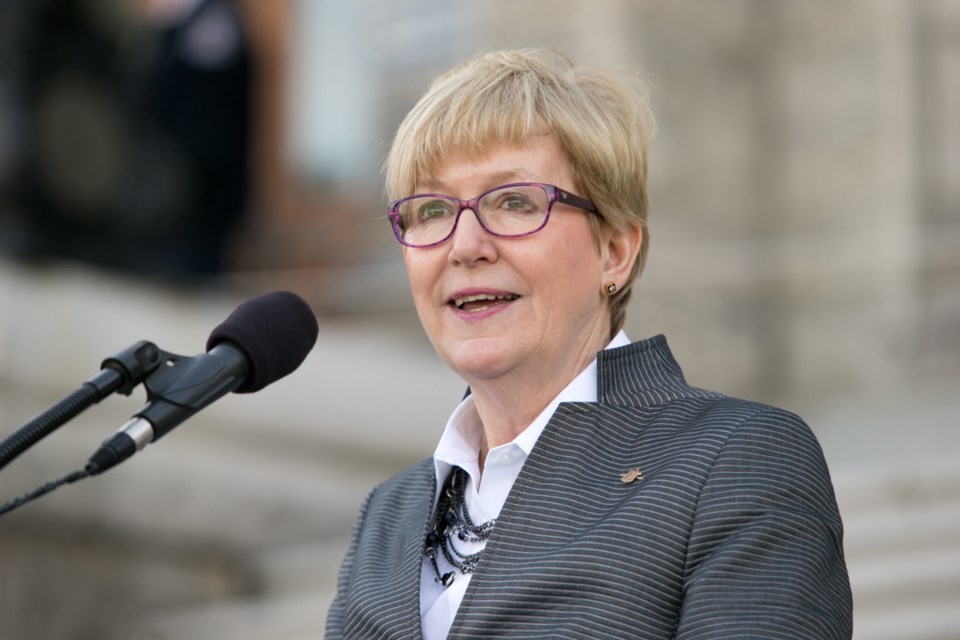Seven fired drug researchers and the sister of an eighth who killed himself are being asked if they want B.C.’s independent ombudsperson to investigate their terminations, while the province drafts legislation to ensure that happens.
Government lawyers and a legislative committee worked Thursday to address the concerns of Ombudsperson Jay Chalke, who the government wants to probe a 2012 Health Ministry investigation that led to the firings. Chalke wants a section of the Ombudsperson Act amended and the researchers polled on whether his office would be appropriate to conduct the review. He also wants the committee’s decision to have his office conduct the inquiry to be unanimous. All that was set in motion on Thursday.
A finance committee debating whether to ask the Office of the Ombudsperson to probe the health firings is soliciting the written opinions of the fired researchers, who have called for a public inquiry. The government agreed to a probe but wants the ombudsperson to do it, explaining that route will be faster and cheaper. The researchers’ answers are due on July 27 and the committee hopes to render its own decision two days later.
B.C. Attorney General Suzanne Anton said on Thursday she will introduce legislation next week to change the section of the Ombudsperson Act that had become an obstacle for the investigation to proceed.
“I am advised that the government house leader is prepared to arrange for the introduction of the legislative amendment early next week and to seek the consent necessary to move the amendment expeditiously through all stages of debate,” Anton wrote to the finance committee.
The part of the Ombudsperson Act that Chalke said could delay testimony relates to “statutory confidentiality provisions” pertaining to health data protection and privacy protection statutes, such as the Freedom of Information and Protection of Privacy Act. Chalke said without changing the legislation, the government would risk expensive, time-consuming litigation or worse, not getting full information or disclosure.
Deputy attorney general Richard Fyfe advised the committee on Wednesday that the change was unnecessary, but that didn’t allay the concerns of Chalke and the committee.
On Thursday, committee chairman Scott Hamilton and deputy chairwoman Carole James wrote to Anton saying the section of the Ombudsperson Act in question was “an outstanding impediment to the Ombudsperson’s ability to ensure a timely and effective investigation.”
“We are writing to advise you section 19(2) has been identified as a key obstacle to the committee’s ability to reaching a swift and consensus-based decision on the Minister of Health’s request,” the letter said.
After calls for a public inquiry, B.C. Health Minister Terry Lake asked the all-party legislative committee to instead refer the probe to the ombudsperson.
The committee’s Liberal majority could push the referral through and the ombudsperson cannot legally refuse to do it. Chalke has said unless the committee’s decision is unanimous, his report won’t “be perceived as credible” by the public, which will make the exercise pointless.



